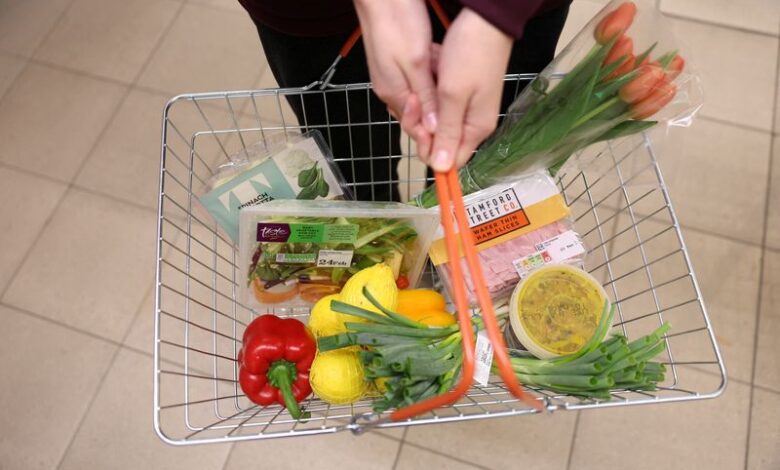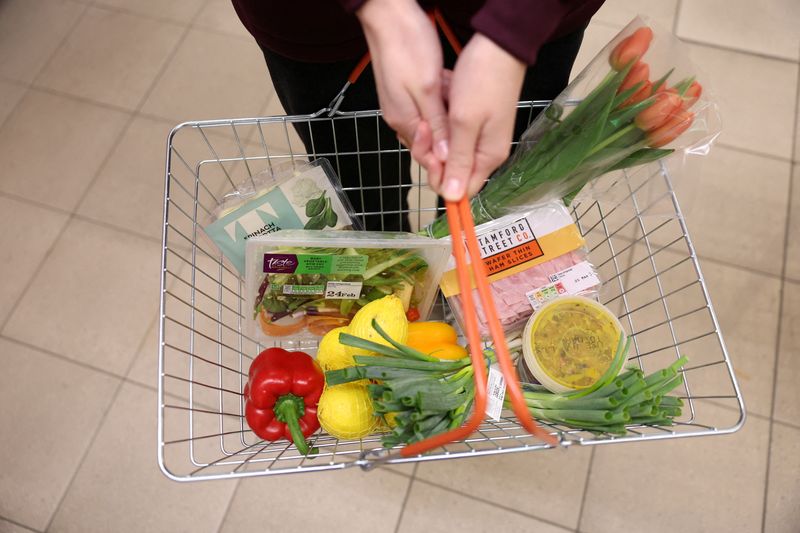UK survey shows signs of cost of living crisis easing for some

By Huw Jones
LONDON (Reuters) – Britain’s cost of living crisis is showing signs of easing, an FCA survey showed on Wednesday, with a year-on-year fall in the number of people struggling to pay bills and credit repayments in January and a rise in those coping well or very well.
The Financial Conduct Authority’s latest financial lives survey estimated that 7.4 million Britons were struggling to pay bills and credit repayments, from 10.9 million in January 2023.
The figure is still higher than 5.8 million in February 2020, before the beginning of Britain’s cost of living crisis, which was fuelled by high inflation and energy prices.
This squeeze prompted the financial watchdog to require banks to offer customers payment holidays and other help.
“Our research shows many people are still struggling with their bills, though it is encouraging to see some benefitting from the help that’s available,” said Sheldon Mills, FCA executive director of consumers and competition.
The survey showed that 72% of adults were coping fairly well or very well, up from 64% in January 2023.
January’s figures are worse than FCA historic data, with utility and credit card payments most commonly missed, prompting people to cut back on insurance, skip meals out and holidays.
Renters, single adults with children and the unemployed were among the hardest hit, as well as those living in the North of England and in the most deprived areas of Britain, the impact hitting some people’s mental health, the FCA said.
Cost of living pressures should ease further this year as inflation is expected to drop below the Bank of England’s 2% target in coming months, raising hopes it will begin cutting interest rates, which currently stand at 5.25%.

Interest rates were raised by the central bank from a record low of nearly zero percent to combat inflation.
Wages are also rising at a faster pace than inflation, putting more cash in people’s pockets in real terms while energy prices stabilise.



